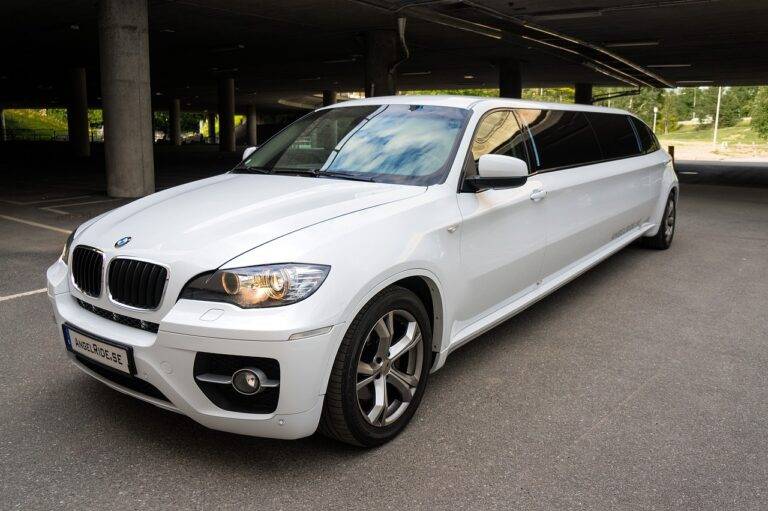Implementing Smart Lock Systems for Access Control in Facilities: Laserbook 247 com, Lotus299 id, 11xplay reddy login
laserbook 247 com, lotus299 id, 11xplay reddy login: Implementing Smart Lock Systems for Access Control in Facilities
In the digital age, security is paramount, especially when it comes to controlling access to facilities. Traditional lock and key systems are becoming outdated and inefficient, leading many organizations to turn to smart lock systems for enhanced security and convenience. These innovative systems use technology like biometrics, RFID, and Bluetooth to provide secure access control to buildings, rooms, and assets. In this article, we will explore the benefits of implementing smart lock systems in facilities.
Enhanced Security
One of the primary benefits of implementing smart lock systems in facilities is enhanced security. These systems offer features like biometric authentication, which is nearly impossible to replicate or hack. By using fingerprints, facial recognition, or iris scans, smart lock systems provide a higher level of security compared to traditional keys or key cards. Additionally, smart lock systems can track access logs in real-time, allowing facility managers to monitor who enters and exits the premises at all times.
Convenience and Flexibility
Smart lock systems also offer unparalleled convenience and flexibility. With features like remote access control, users can unlock doors from anywhere using their smartphones. This is especially useful for granting access to visitors or employees outside of regular business hours. Additionally, smart lock systems can be easily integrated with other security systems, such as CCTV cameras and alarms, for a comprehensive security solution.
Cost-Effectiveness
While the initial cost of implementing smart lock systems may be higher than traditional lock and key systems, the long-term cost savings are significant. Smart lock systems eliminate the need for rekeying locks or replacing lost keys, saving both time and money. Additionally, these systems can be easily scaled and upgraded as needed, ensuring that your facility remains secure and up-to-date with the latest technology.
Improved Access Control
Smart lock systems allow facility managers to have complete control over who has access to specific areas within the facility. By assigning access rights to different individuals or groups, managers can restrict access to sensitive areas while granting access to common areas. This granular level of access control helps prevent unauthorized access and enhances overall security within the facility.
Integration with Smart Building Systems
Another advantage of smart lock systems is their ability to integrate with other smart building systems. By connecting smart lock systems with HVAC, lighting, and other building systems, facility managers can create a truly interconnected and efficient facility. For example, smart lock systems can automatically adjust temperature settings or turn off lights when a room is unoccupied, helping to reduce energy costs and improve overall sustainability.
Remote Monitoring and Management
Smart lock systems allow facility managers to remotely monitor and manage access control in real-time. With a user-friendly interface, managers can easily add or revoke access rights, track access logs, and receive real-time notifications of any unauthorized access attempts. This remote monitoring capability ensures that facility managers are always in control of the facility’s security, even when they are off-site.
In conclusion, implementing smart lock systems for access control in facilities offers a wide range of benefits, including enhanced security, convenience, cost-effectiveness, improved access control, integration with smart building systems, and remote monitoring and management. By upgrading to smart lock systems, organizations can take their security measures to the next level while improving overall efficiency and convenience for both employees and visitors.
FAQs
Q: Are smart lock systems compatible with existing door hardware?
A: Yes, many smart lock systems are designed to be compatible with existing door hardware, making installation and integration seamless.
Q: Can smart lock systems be hacked?
A: While no system is completely hack-proof, smart lock systems with strong encryption and authentication protocols are very secure and difficult to hack.
Q: How do smart lock systems handle power outages?
A: Many smart lock systems have backup power options, such as batteries or generators, to ensure that access control is maintained during power outages.
Q: Can multiple users be granted access to a single smart lock system?
A: Yes, smart lock systems can accommodate multiple users with different access rights, allowing for granular control over who can access specific areas within the facility.







